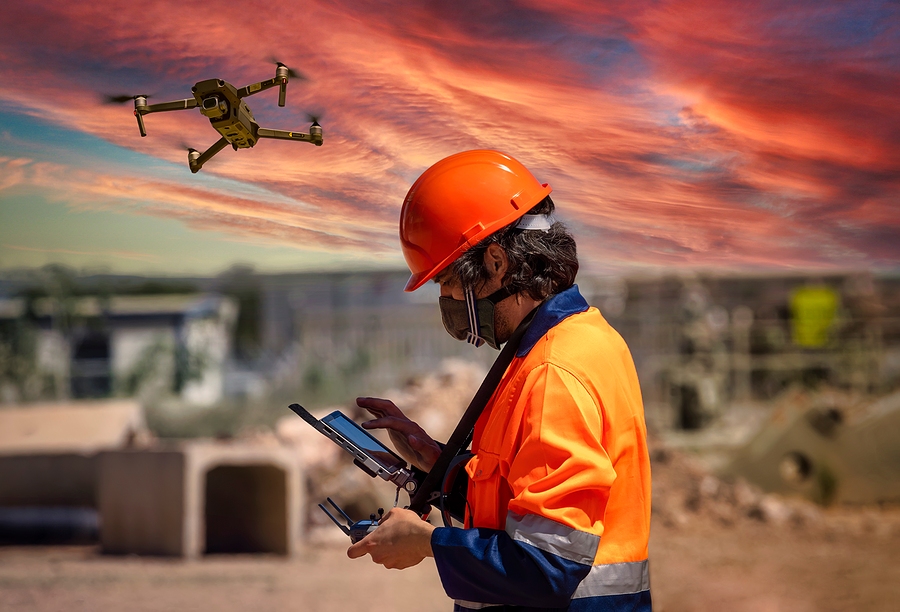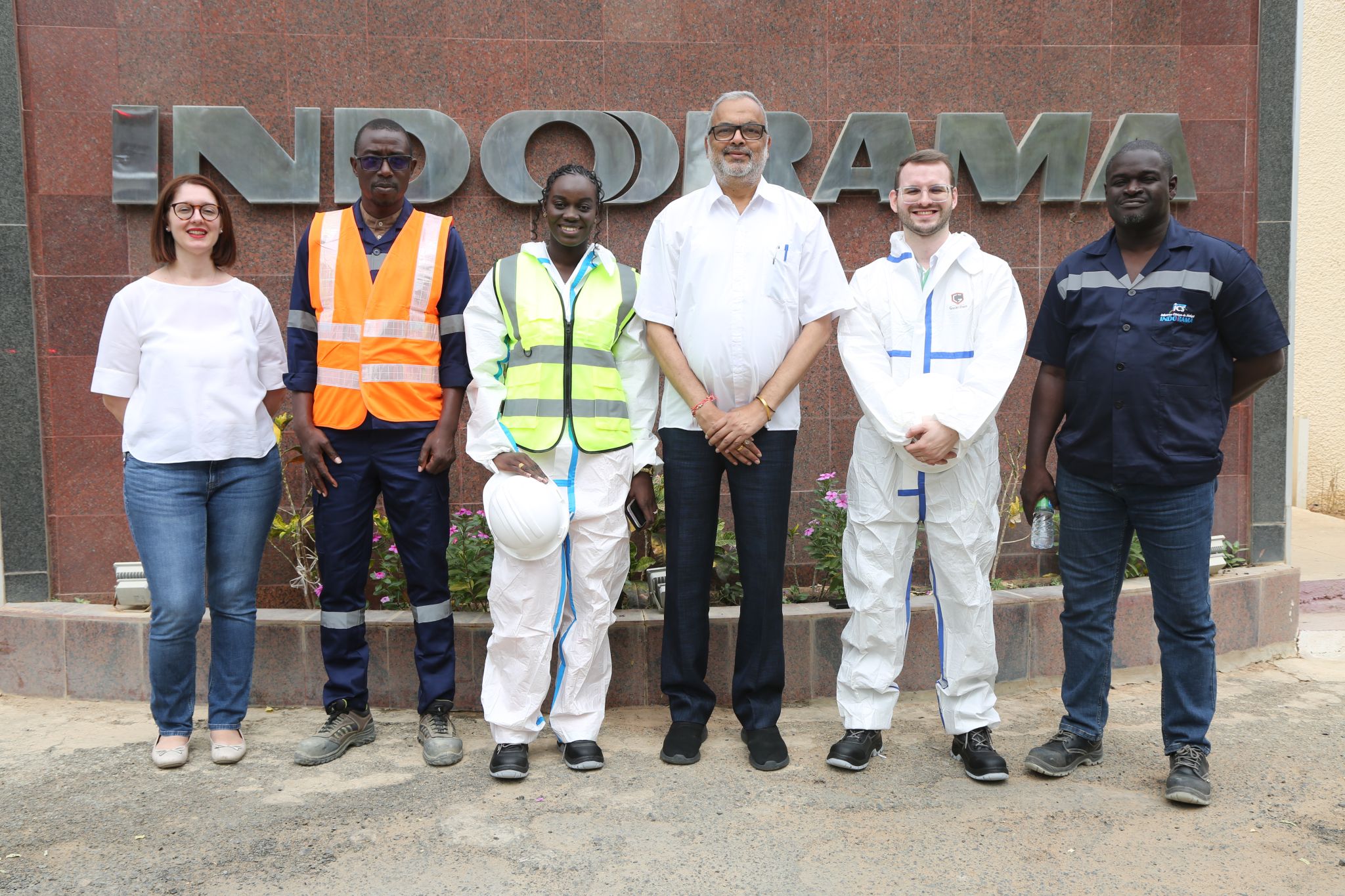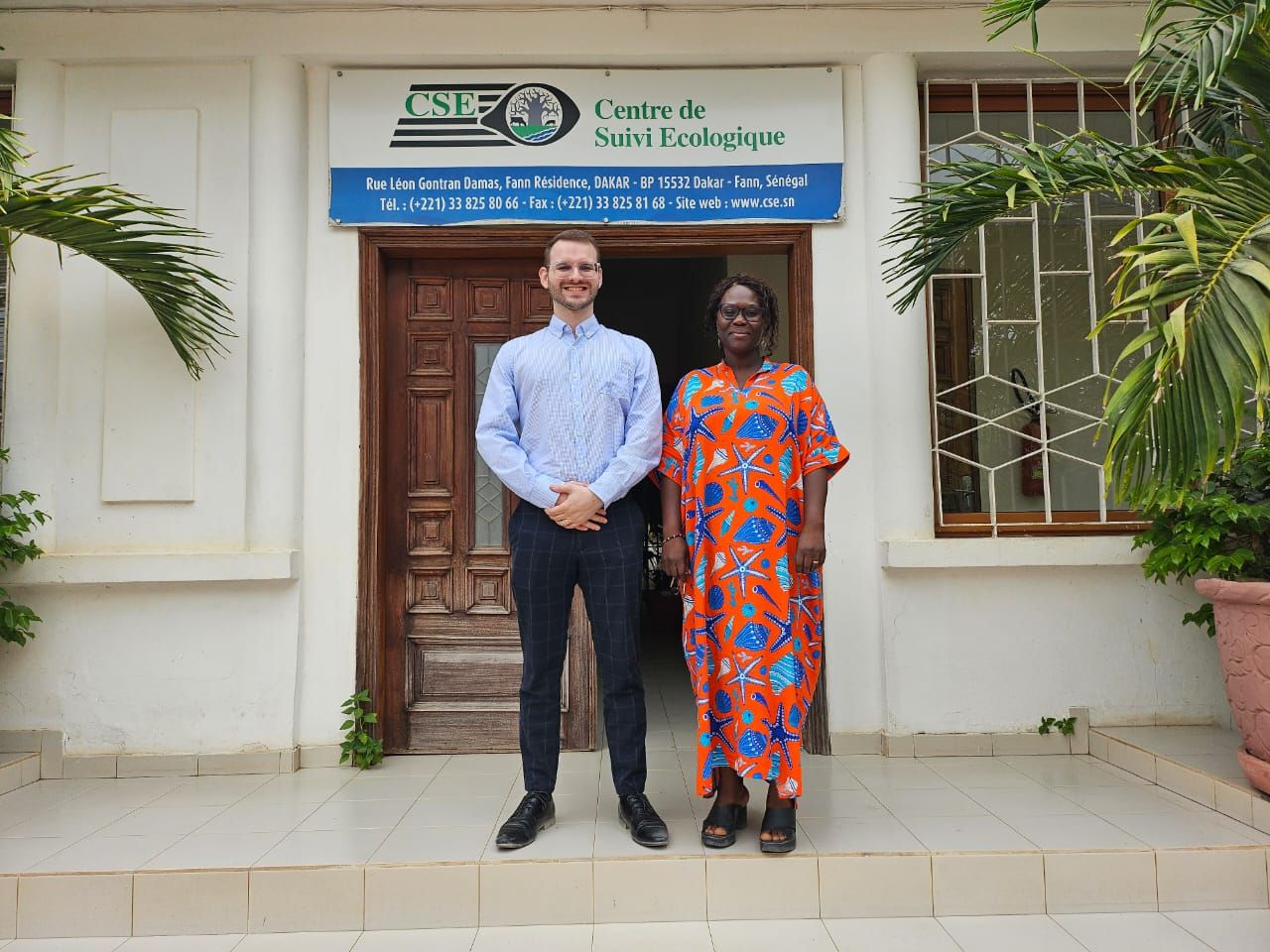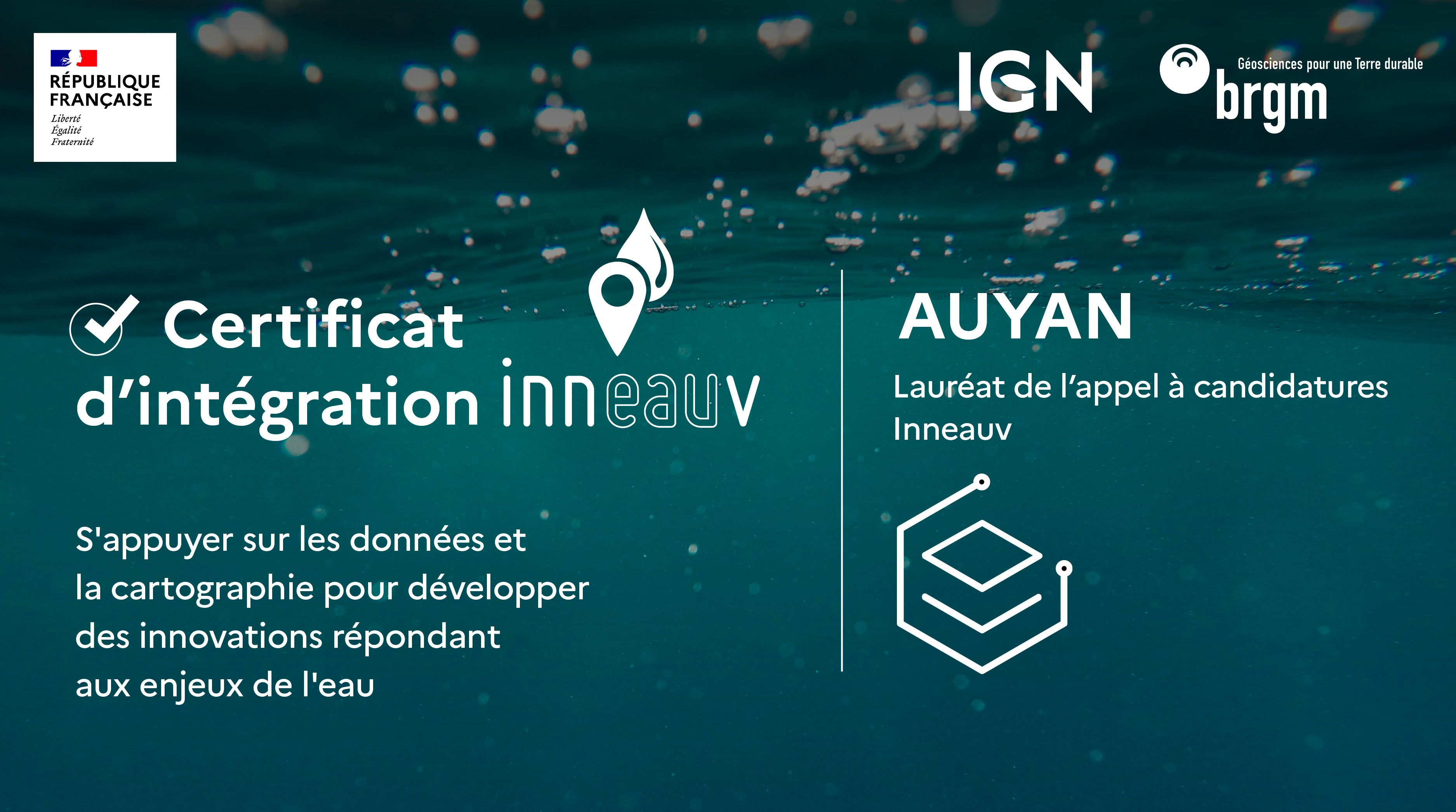Blog

How Technology is Forging a Safer Future for Mining
The AUYAN Team | 14/05/2025
Mining, an industry foundational to global development and progress, has historically been synonymous with significant risk.
#blog

AUYAN Visits INDORAMA
The AUYAN team | 10/12/2024
The AUYAN team visited the Darou Khoudoss mining site
#news

Auyan visits the CSE
The AUYAN team | 04/12/2024
The AUYAN team met with the teams of the Ecological Monitoring Center
#news

AUYAN Wins the INNEAUV Call for Solutions
The AUYAN Team | 23/05/2024
AUYAN has been selected by IGN and BRGM as part of the INNEAUV Call for Solutions.
#news

Artisanal Mining
The AUYAN Team | 22/04/2024
An introduction to the world of Artisanal and Small-Scale Mining
#blog

